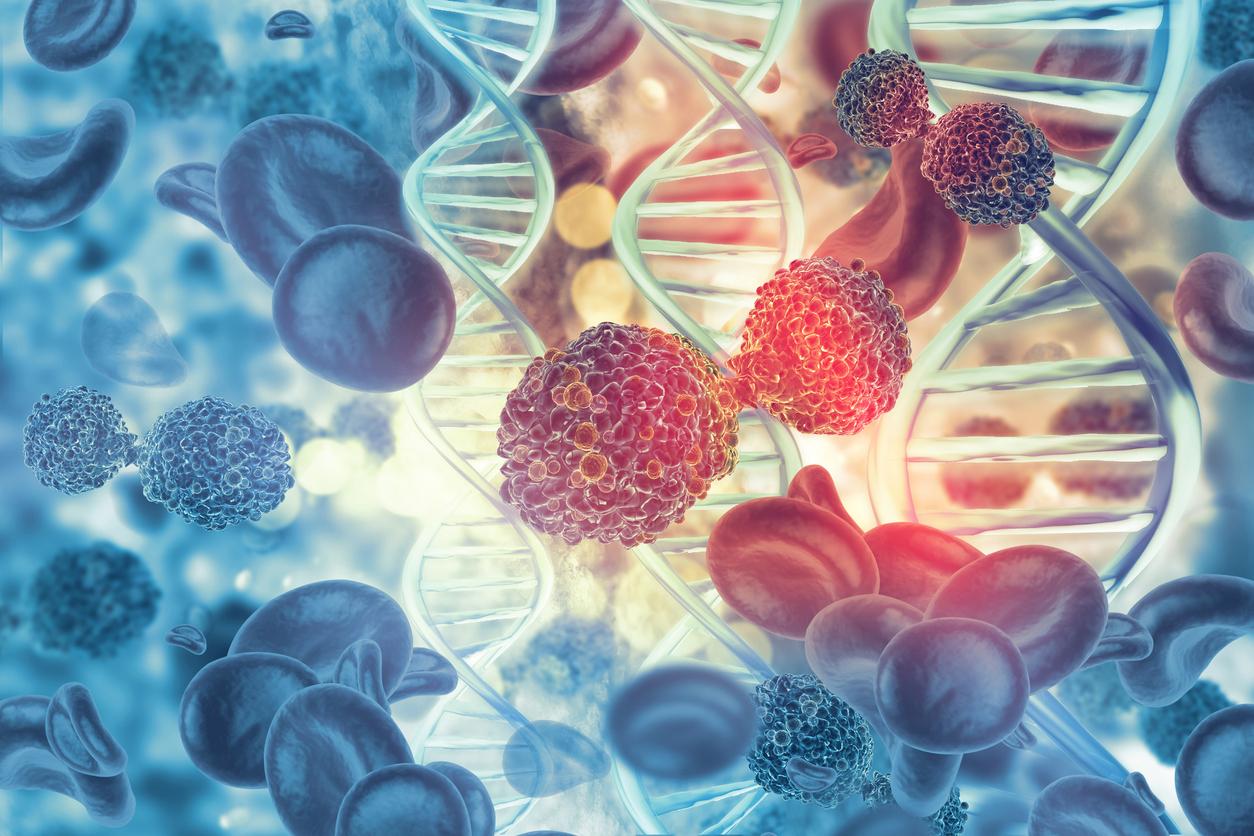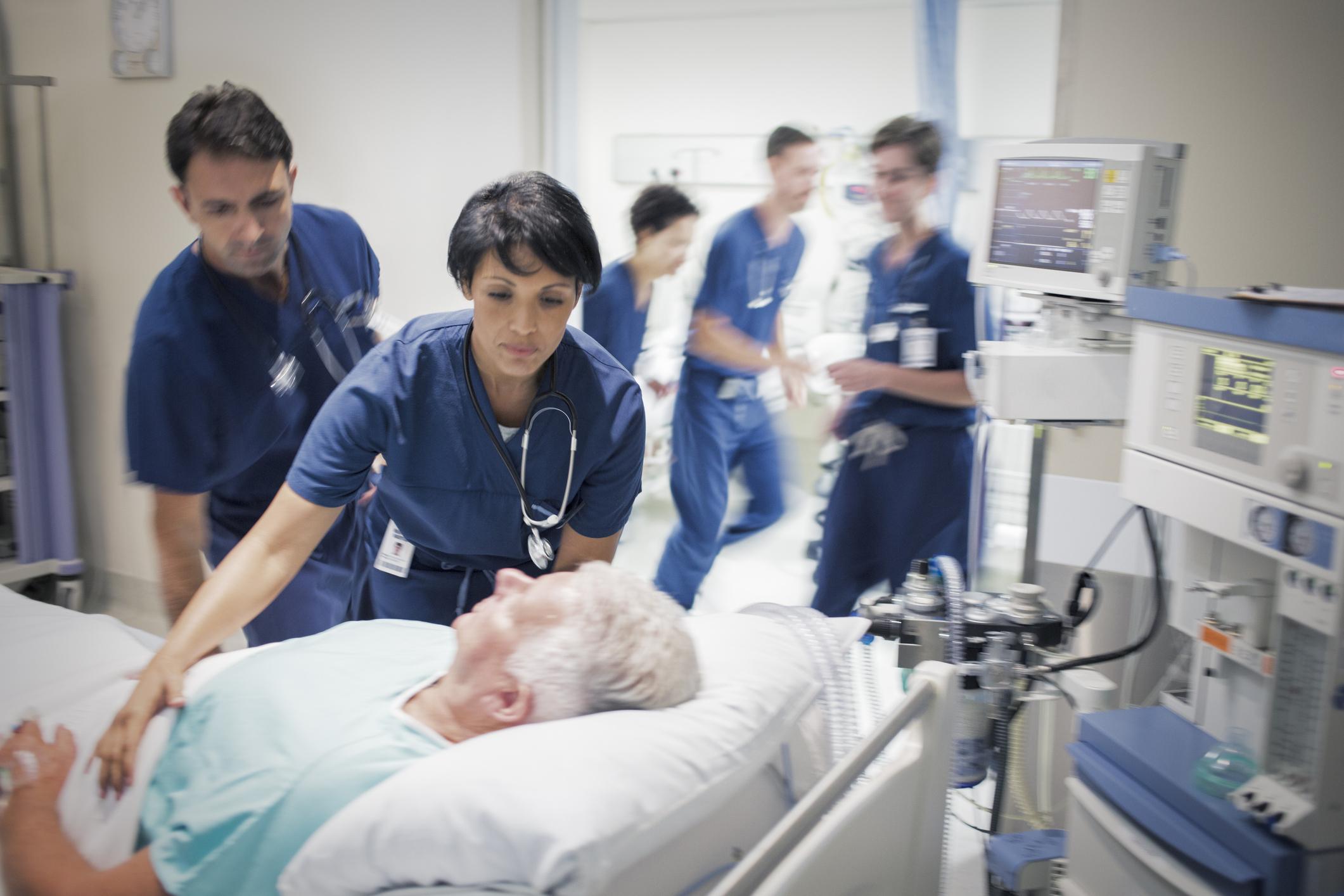The systematization of genetic tests makes it possible to accurately detect linked hereditary genetic mutations in cancer patients. These tests can also make it possible to individualize therapies and thus improve survival.

- Although 1 in 8 patients develop cancer due to an inherited genetic mutation, tests to detect this risk are still too few offered to patients and their families, reveal researchers from the Mayo Clinic.
- However, a systematization of genetic tests would not only make the treatment more effective and therefore improve the survival rate, but also detect the risk in other members of the patient’s family.
One in eight cancer patients has an inherited genetic mutation. However, this is only detected in half of them thanks to standardized approaches.
A discovery made by researchers at the Mayo Clinic (United States) could make it possible to reduce the risk of mortality from these cancers due to genetic mutations, thanks in particular to individualized therapies. In a study published in the journal JAMA Oncologythe researchers demonstrate the usefulness of genetic testing capable of detecting these inherited genetic mutations.
Tested on more than 3,000 cancer patients at Mayo Clinic cancer centers in Arizona, Florida and Minnesota, this test found that 13.5% of patients had an inherited mutation in an associated gene to the development of their cancer. “Everyone has some risk of developing cancer, and in most cases the disease develops by chance. However, some people are genetically predisposed to developing certain types of cancer, such as breast or colon cancer”explains Dr. Niloy Jewel Samadder, gastroenterologist and hepatologist at the Mayo Clinic.
A genetic mutation in nearly one in two patients
The research team followed 3,084 patients for two years and provided them with genetic testing. The project, which represents the largest known multicenter study of universal screening of cancer patients, included a wide range of cancer stages and types, including breast, colorectal, lung, ovarian, pancreatic, bladder, prostate and endometrium.
The researchers were surprised to find that the standard guidelines doctors relied on to determine which cancer patients should undergo genetic testing only identified 48% of patients who actually had an inherited genetic mutation. “More than half of patients who develop cancer due to inherited mutations have not been identified, with major consequences for their family members, emphasizes Dr. Samadder. Everyone has some risk of developing cancer, and in most cases the disease develops by chance. However, some people are genetically predisposed to developing certain types of cancer, such as breast or colon cancer.”
For a third of patients with cancer genes, the discovery of this genetic mutation resulted in a change in their initial medical treatment, including the type of surgery or chemotherapy they received. “This targeted treatment would have been lost if the patients had not undergone genetic testing”insists Dr. Samadder.
According to the authors of the study, these genetic tests are still too little used in the care of people with cancer, but also for their family members, who are also at risk. “All cancer patients should have access to comprehensive genetic information that can guide their care and inform their families of this risk”recommends Dr. Robert Nussbaum, co-author of the work.
Also test family members
To increase the chances of treatment and reduce the risk of cancer-related mortality, it is essential to allow patients the possibility of sharing the hereditary cause of their disease with their relatives. “We can help prevent cancer in their loved ones because it is genetic, and they share these cancerous genetic mutations with their children, siblings and other family members. says Dr. Samadder. We can target prevention strategies for these high-risk individuals and hopefully completely prevent cancer in future generations of their families.”
As part of the study, all family members of patients with a genetic mutation received free genetic testing. Overall, one in five family members have been tested. The next steps will be to incorporate the study results into the care provided to all cancer patients at the Mayo Clinic.


.

















